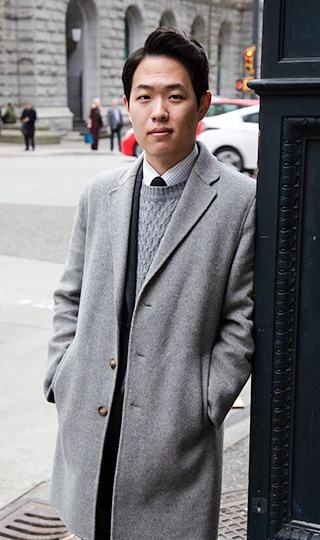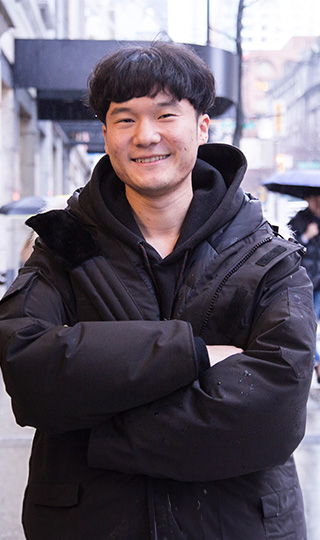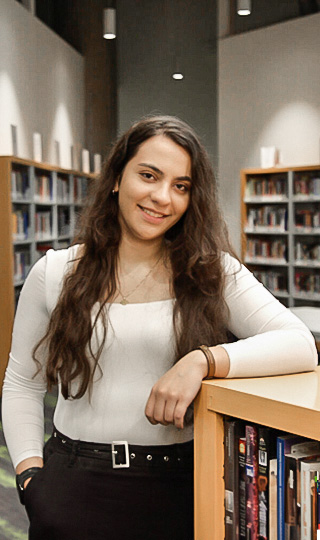Associate of Arts (Mathematics) Degree
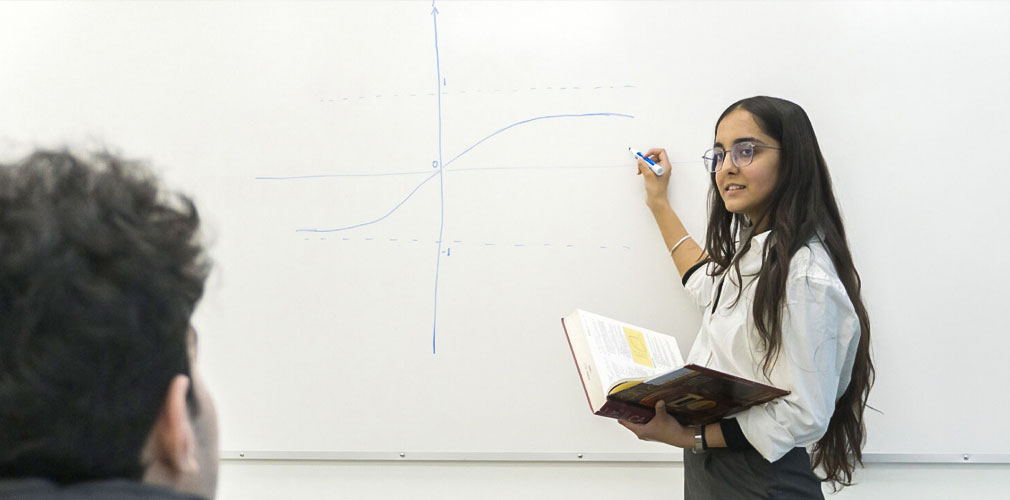
The Associate of Arts degree is a two-year undergraduate program offered by many institutions in the province of British Columbia and beyond. The Associate Degree program is designed to provide broad-based knowledge and experiences which lay a foundation for further undergraduate study.
For full program description, requirements, and policies, see the Academic Calendar.
Program Description
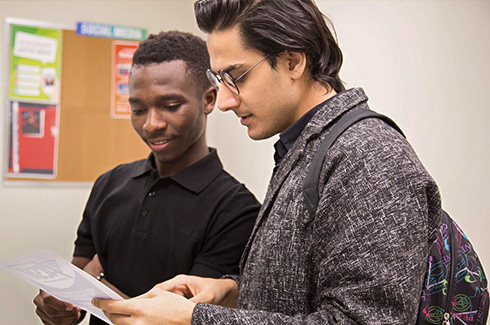
What you will learn
Students within the Associate of Arts (Mathematics) Degree program will gain knowledge in solving equations, calculus, and programming, and will develop their quantitative and analytical skills. Students will also complete courses in Humanities and Social Sciences to further explore their interests.
Program Structure
The Associate of Arts (Mathematics) Degree is a foundational degree consisting of 60 credits in total, typically completed over a two-year period. Program requirements include a minimum of 18 credits in Mathematics.
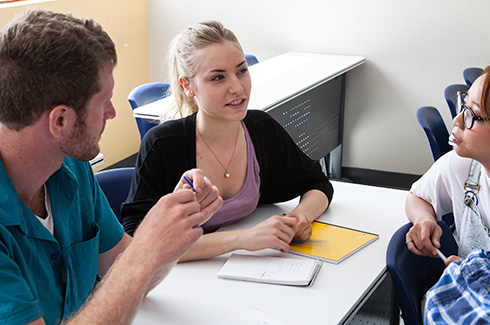
What you can do after graduation
Upon completion of the Associate of Arts (Mathematics) Degree program, students may choose to continue their undergraduate studies.
Transfer to 2nd/3rd Year at a University
An Associate of Arts (Mathematics) Degree may be transferable to the third year of a four-year bachelor’s degree program at a university.
Some BC universities also admit Associate Degree graduates at a reduced GPA requirement. For more information on the option of transferring to a university upon completion of an Associate of Arts (Mathematics) Degree, please consult the BC Transfer Guide or see an Academic Advisor.
Program Requirements
The Associate of Arts (Mathematics) degree program consists of the following course requirements, which must be completed with a cumulative GPA of 2.0 or greater.
- 6 credits in first-year English, including:
- ENGL 100
- 9 credits in Science, including:
- MATH 151
- At least 4 credits in a laboratory science
- CPS 111 (4)
- 36 credits in Arts, including:
- At least 6 credits in humanities, other than English
- At least 6 credits Social Sciences
- At least 6 credits in Arts (Mathematics)
- MATH 152
- One of: CPSC 115 or MATH 115
- At least 18 credits in 2nd-year arts, taken in two or more subject areas, including:
- All of: MATH 232, MATH 251, MATH 255
- 9 credits in Arts, Science, or other areas
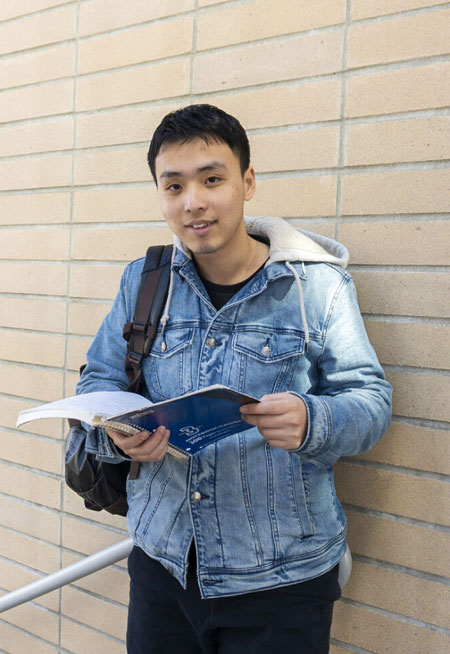
Our Student Stories
